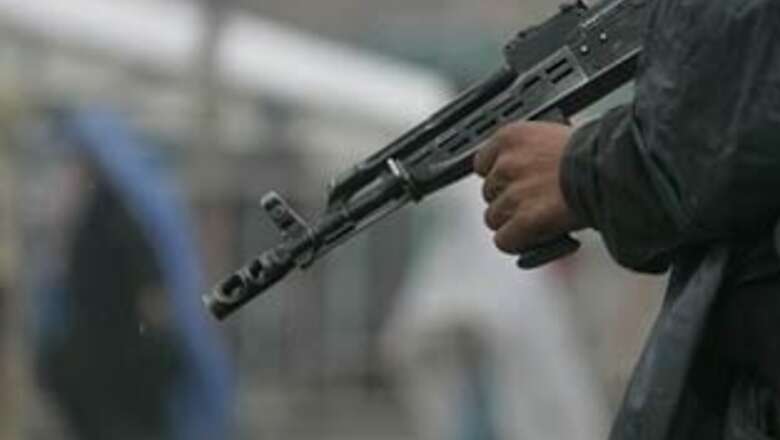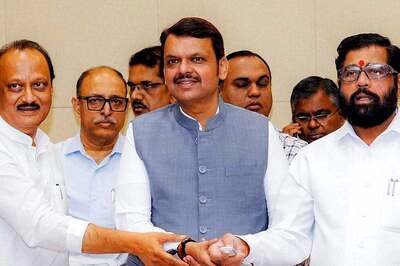
views
Washington: The US believes Taliban forces' recent push in Pakistan has served as a wake-up call for Islamabad, which has long focused on India as its main threat, with little regard for the largely ungoverned western front.
"For 60 years Pakistan has regarded India as its existential threat, as the main enemy. And its forces are trained to deal with that threat," Defence Secretary Robert Gates said in an interview with CNN aired on Sunday.
"That's where it has the bulk of its army and the bulk of its military capability," he said.
Gates said he thinks Pakistani leaders like President Asif Ali Zardari Prime Minister Syed Yousuf Raza Gilani, and army chief General Ashfaq Parvez Kiyani now realise that the Taliban is an existential threat there.
"But I think that there's a need for them to help the rest of Pakistan understand why it's an existential threat."
"We and others have been talking with them about how what is happening there in the western frontier area is truly an existential threat to democratic government in Pakistan," Gates said, "And I think the movement of the Taliban into Buner really got their attention."
Last month, the Taliban seized control of Buner, in the North West Frontier Province of Pakistan, causing alarm as it moved within only about 100 km of the capital city of Islamabad.
"I think that ... they've always felt that if it really got serious, it was a problem they could take care of," Gates said. "That's why I think the movement of the Taliban so close to Islamabad was a real wake-up call for them."
Gates said he believes Pakistan is now starting to develop its military capacity to fight a counterinsurgency, and the United States is willing to share equipment and training.
But, he said, there has been reluctance on the part of the Pakistani government up to this point to accept much help. "They don't like the idea of a significant American military footprint inside Pakistan. I understand that."
Turning to Afghanistan, Gates said that he likely would not recommend sending more US troops to Afghanistan. "I would be a hard sell; there's no question about it. And I have not made a secret of that, either publicly or in government meetings."
Once the troops that President Barack Obama ordered earlier this year are on the ground, there will be nearly 100,000 US and partner nation troops there. "That's only about 10,000 shy of what the Russians had. And I think we need to think about that."



















Comments
0 comment